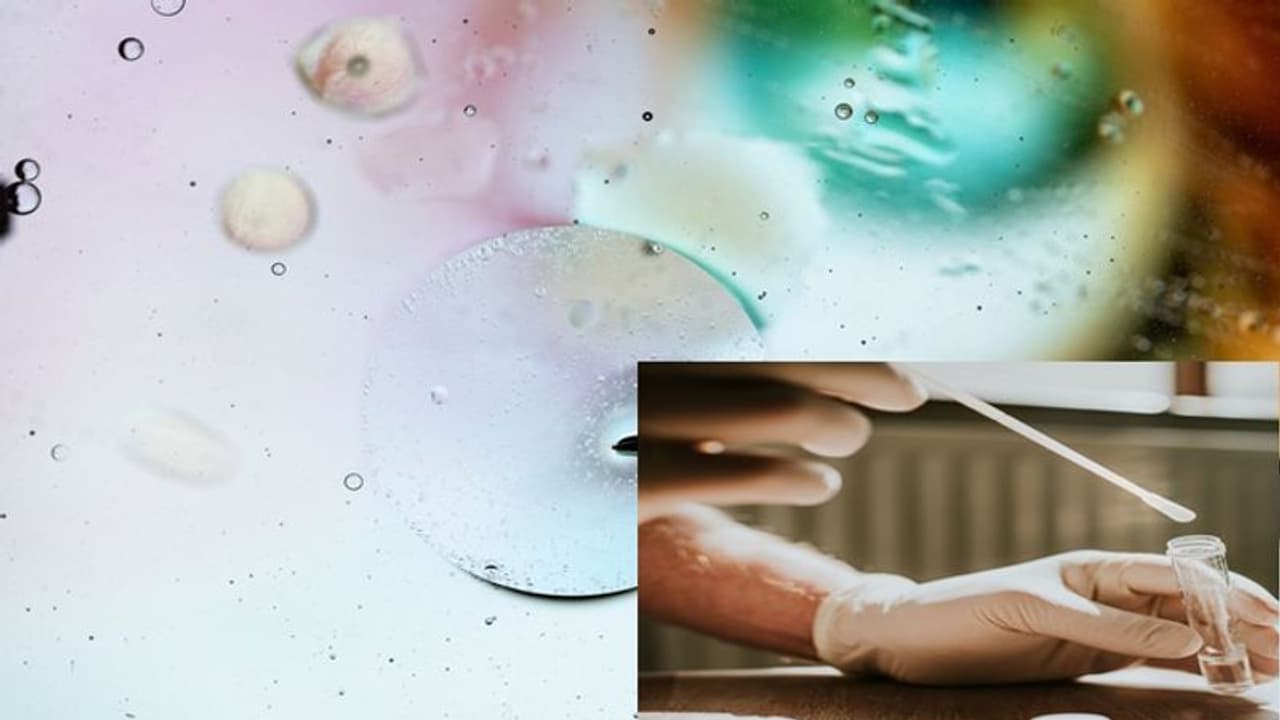Before an embryo can implant, it needs to survive. Before survival, it requires the right space to grow. That begins with stable conditions — and it begins in the lab, at 37°C.
When people think of IVF, the focus is usually on the visible parts, such as injections, scans, medications, and follow-ups with fertility doctors. But there’s a side of IVF you rarely see — the part that happens behind a sealed lab door.
This is where the sperm meets the egg, where life begins to form. And where some of the most delicate and tightly timed stages in the whole process unfold.
Inside that space, one detail carries more weight than you might expect: the temperature of exactly 37°C.
That’s the average internal temperature of the human body. And for embryos developing outside the body, we aim to keep them that way. A variation of even half a degree — too warm or too cool — can affect how that embryo grows. It might seem minor, but in early development, precision is everything.
Why that temperature?
The uterus maintains a steady temperature of about 37°C. In the lab, we do our best to recreate that same environment. Not because it’s convenient, but because embryos depend on it, even outside the body.
That warmth supports vital functions like:
Cell division, which lets the embryo grow from one cell to many
Energy production, which fuels every phase of growth
Gene expression, which kicks off the earliest instructions for development
If the temperature drifts, even briefly, those processes can pause or falter. Think of it like baking: even with perfect ingredients, if the oven isn’t set just right, things may not rise as they should.
What could go wrong?
You might wonder — if labs know how crucial temperature is, why risk it?
It’s a good question. IVF labs are built for control and consistency. But even then, small things can pose challenges:
Opening the incubator door too often
Delays while moving embryos between work areas
Tools that haven’t been warmed properly
Short power outages
These may sound trivial, but they can cause subtle temperature shifts. That’s why we use layered systems such as alarms, backup power, and quick-heating equipment to keep conditions steady and embryos protected.
The embryologist’s role
You may not meet the embryologist working on your case, but they’re there — monitoring, adjusting, and handling each stage with care.
From fertilisation to embryo development, we’re watching closely. For procedures like ICSI (where a sperm is placed directly into the egg), the microscope stage itself is kept at 37°C. When moving embryos around the lab, we act quickly and use pre-warmed tools to limit exposure.
It’s focused work, but high-stakes. A delay of a few seconds, or a few tenths of a degree — these things matter more than most people realise.
What does this mean for you?
Even if the lab feels distant from your day-to-day IVF experience, it’s a central part of your journey. And understanding how your embryos are cared for can offer an extra layer of reassurance.
When choosing a clinic — or during your treatment — you can ask:
How is temperature monitored inside the lab?
Are there backup systems in case of a power failure?
What steps are taken to protect embryos during handling?
These aren’t just technical questions. They’re about trust — knowing your future is in skilled, attentive hands.
A tiny number with a big job
There’s no doubt that IVF has advanced. We now have tools that use artificial intelligence, time-lapse imaging, and even genetics to help us understand and guide embryo development. It’s exciting.
But none of that replaces the basics. Not really.
Before an embryo can implant, it needs to survive. Before survival, it requires the right space to grow. That begins with stable conditions — and it begins in the lab, at 37°C.
So, while you focus on the emotional and physical parts of your journey, know that we’re focused on something straightforward—and very powerful: creating the right environment for your baby right from the start.
*Source link: https://www.nature.com/articles/s41598-022-06158-y
-By Dr Sujatha Ramakrishnan, Head- Embryology at Nova IVF Fertility and Motherhood Hospitals
